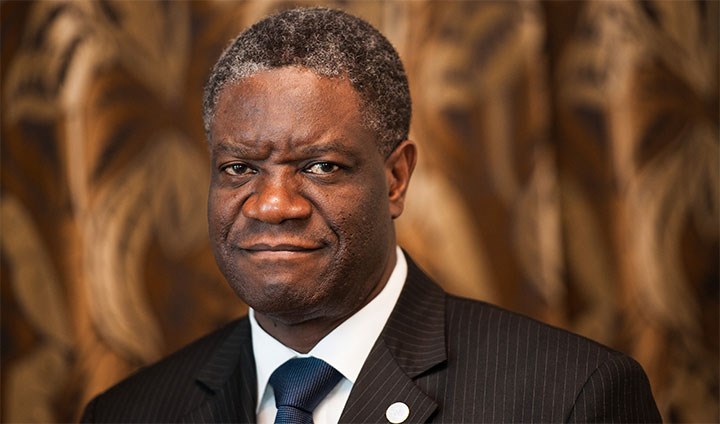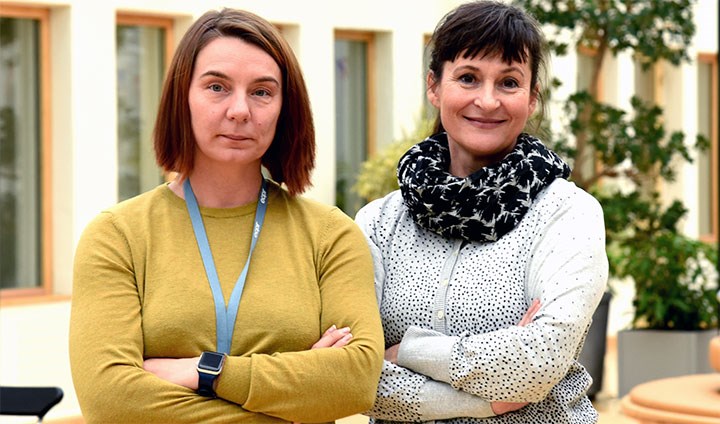Dr Denis Mukwege to hold open lecture at Örebro University

Dr Denis Mukwege will hold an open lecture at Örebro University. Photo: Mukwege Foundation
On 23 October, Örebro University is inviting the public to a series of morning lectures on the theme of honour violence, violent regimes and sexualised violence as a weapon in war and armed conflicts. Dr Denis Mukwege, awarded the Nobel Peace Prize in 2018, will be among the lecturers.
Practical information
The open lectures will be held on 23 October between 9:00 and 12:00 in Aula Nova, Örebro University.
Seating is limited, so an early arrival is recommended . The lectures will be broadcast live on www.oru.se.
Dr Denis Mukwege’s lecture will be held in French and interpreted to Swedish and Swedish Sign Language.
Dr Denis Mukwege will also give a second lecture for healthcare personnel and students of medical and health sciences later in the afternoon.
The world-renowned gynaecologist, Dr Denis Mukwege, was awarded the Nobel Peace Prize in 2018 for his “efforts to end the use of sexualised violence as a weapon of war and armed conflict”. He is the chief physician at the Panzi Hospital in Bukavu, Congo. During his morning lecture, he will speak about his work with women who are victims of violence in the on-going war over control of the region’s precious minerals.
“The conflicts are continuing on an unabated scale – and an alarming trend is that increasingly younger children are vulnerable to violence. The issue of conflict minerals is highly relevant in Sweden as there are plans to build the world’s largest battery plant in Sweden. The conflict in Congo is not primarily political, ethnic or religious, but it is rather an economic crisis around the issue of conflict minerals,” says Dr Denis Mukwege.
Örebro researchers contribute with their perspective
Also speaking during this morning at Örebro University will be Sofia Strid, docent in gender studies and Rúna Baianstovu, senior lecturer in social work.
Sofia Strid will lecture on her research on violent regimes.
“Research on violent regimes broadens the interpretation of what is designated as violence, from intentional physical violence to sexualised, systemic and symbolic violence. Results show there is a strong correlation between sexualised violence, militarisation and men’s power. Women who are in conflict zones and post-conflict zones are therefore particularly vulnerable,” says Sofia Strid.

Rúna Baianstovu’s lecture concerns honour-related violence.
“Honour-related violence and oppression is typified in that it occurs in the family or extended family, and is sanctioned by the ethnic community that the family or extended family consider themselves as belonging to. This violence is often directed towards girls, women and LGBTQ persons, although boys and men are also subjected. Honour-related violence and oppression is strongest within ethnic minority groups, especially in combination with statelessness, war, migration and segregation,” says Rúna Baianstovu.
Text: Anna Lorentzon
Translation: Jerry Gray
